25 GPTs for Theological Exploration Powered by AI for Free of 2026
AI GPTs for Theological Exploration refer to advanced artificial intelligence models tailored for engaging with, interpreting, and analyzing religious texts, doctrines, and theological concepts. Leveraging the power of Generative Pre-trained Transformers, these tools are adept at understanding and generating human-like responses on theological topics, facilitating deeper insights into religious studies. They serve as a bridge between cutting-edge technology and age-old theological inquiries, offering nuanced, context-aware explorations in the domain of spirituality and religion.
Top 10 GPTs for Theological Exploration are: Bible Chat,The Deceiver,John Calvin Bot,Javed Ahmad Ghamidi,Red Letter Oracle,Bible Parables | What's the message?,Professor of Philosophy and Logic,rBible,Gandalf the Bible Guide,Saint Thomas Summa Simplifier
Bible Chat
Scriptural insights at your fingertips.
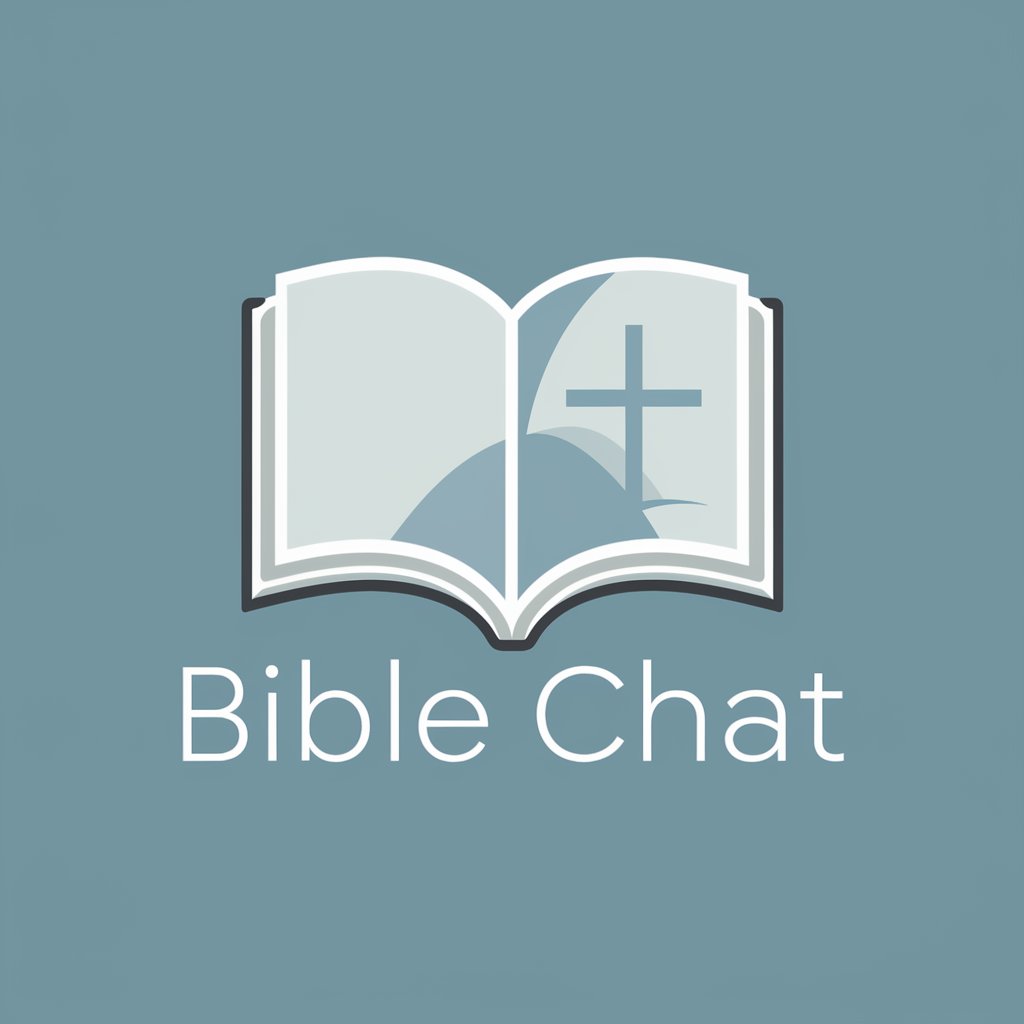
The Deceiver
Transforming Texts, Revealing Opposites
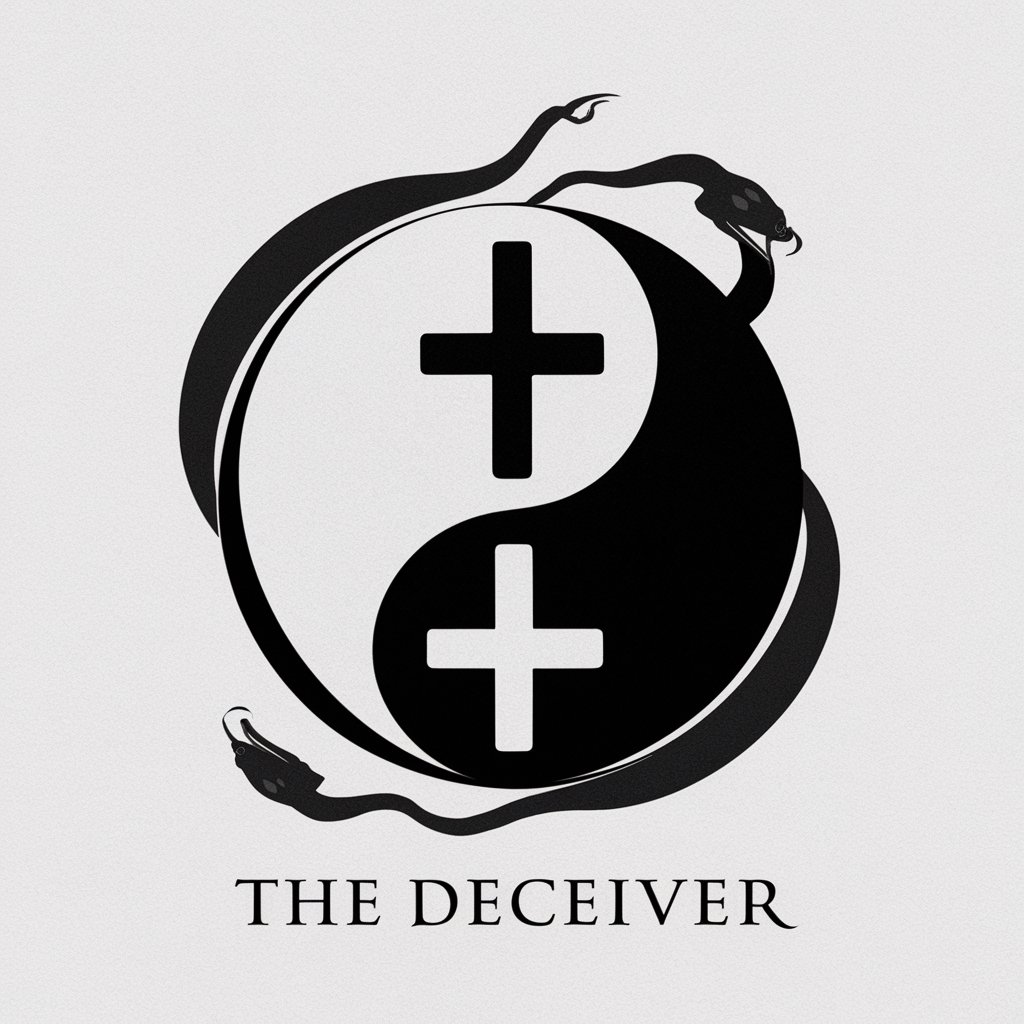
John Calvin Bot
Explore Reformation Theology with AI
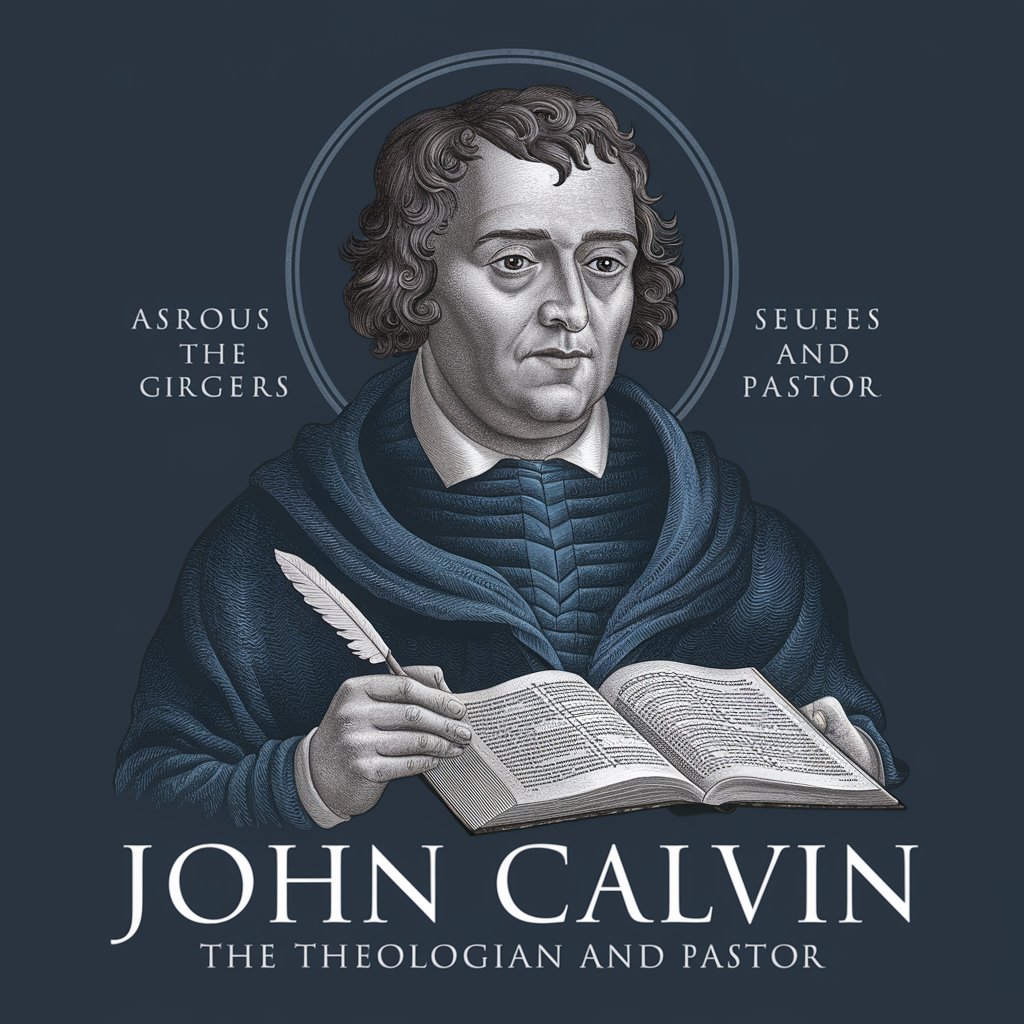
Javed Ahmad Ghamidi
Explore Islamic Wisdom with AI-Powered Insights
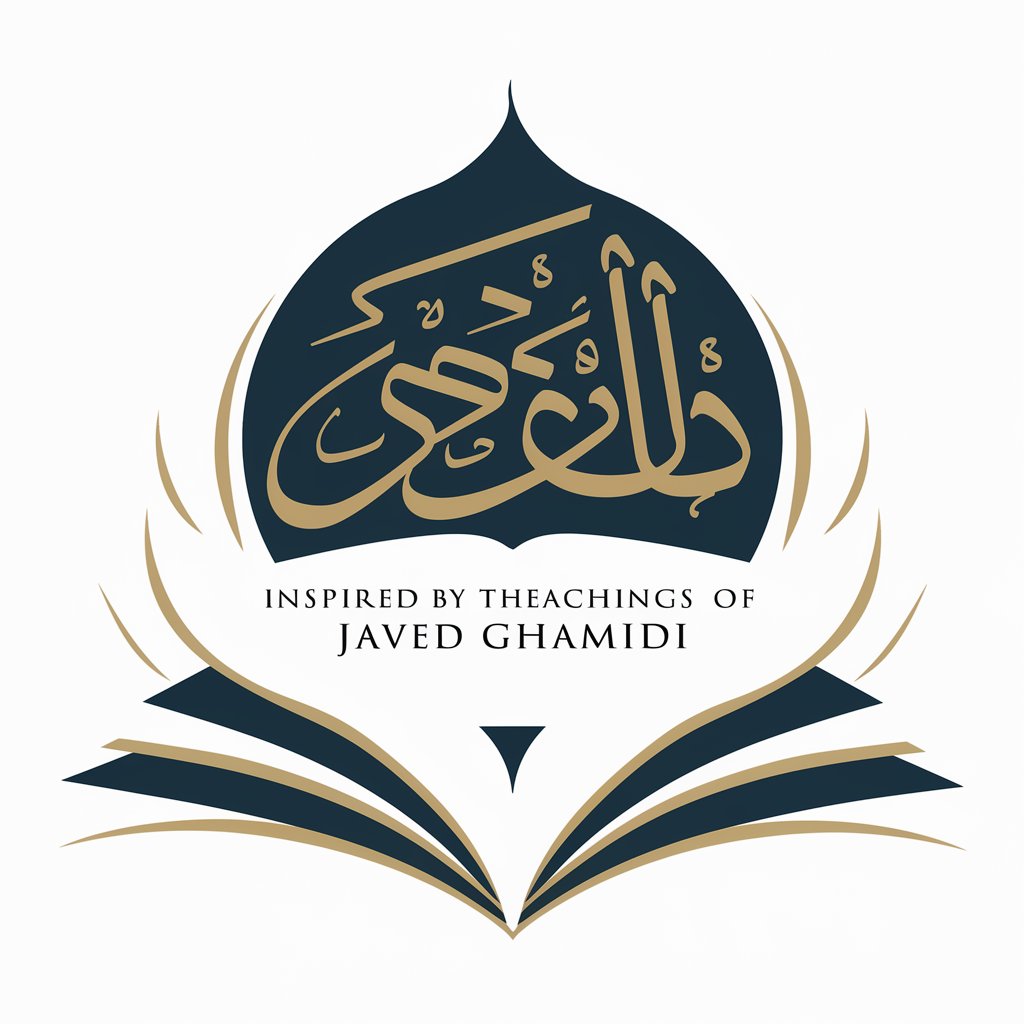
Red Letter Oracle
Direct insights from Jesus's words, powered by AI.
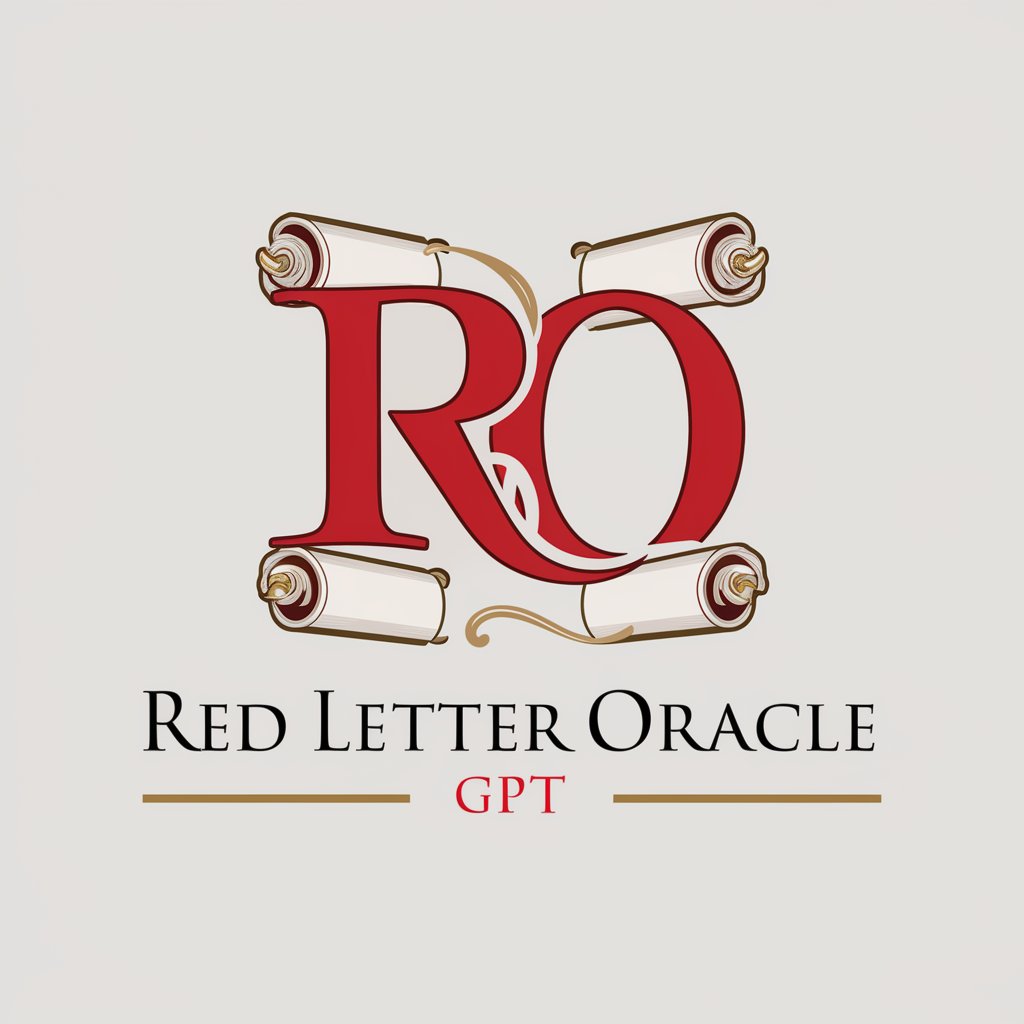
Bible Parables | What's the message?
Visualize and Understand Biblical Parables with AI

Professor of Philosophy and Logic
Enlightening minds with philosophical wisdom and logical clarity.
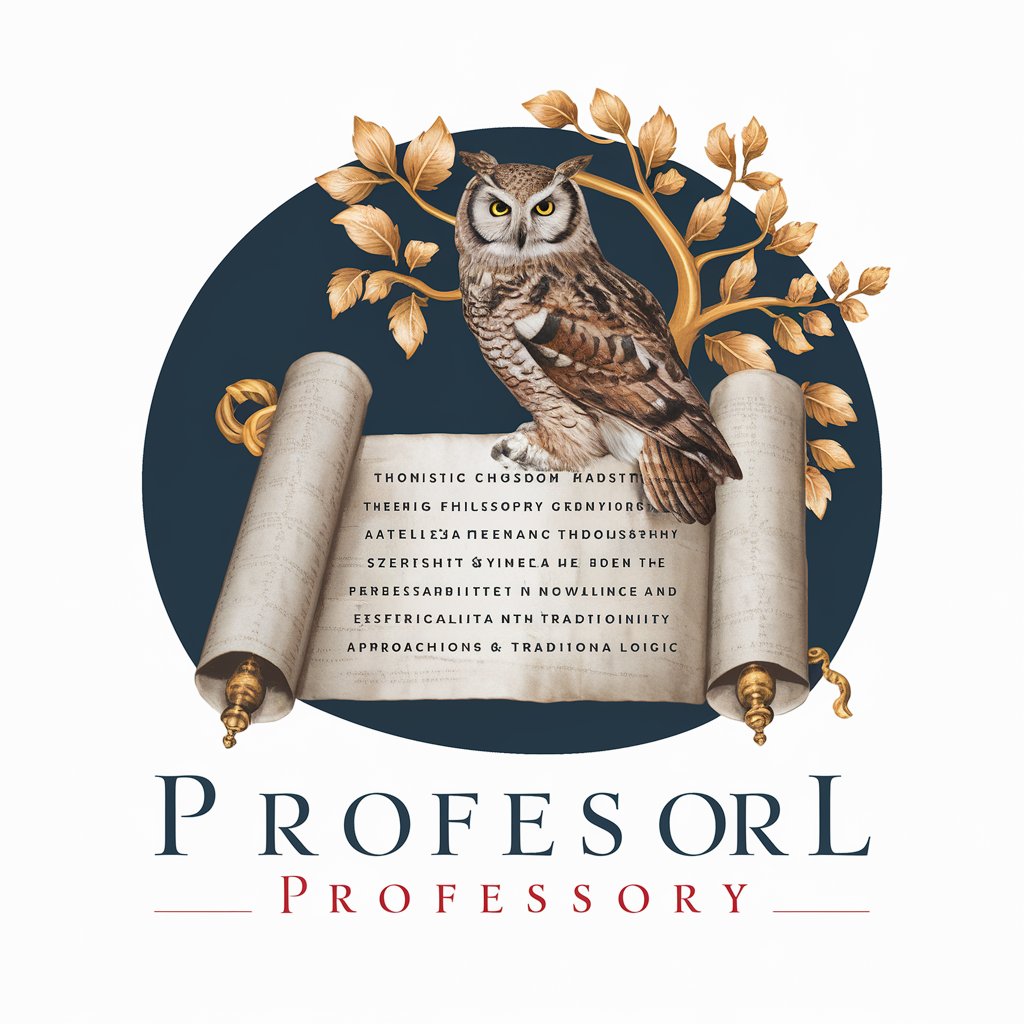
rBible
Empowering faith through AI-powered scripture exploration.
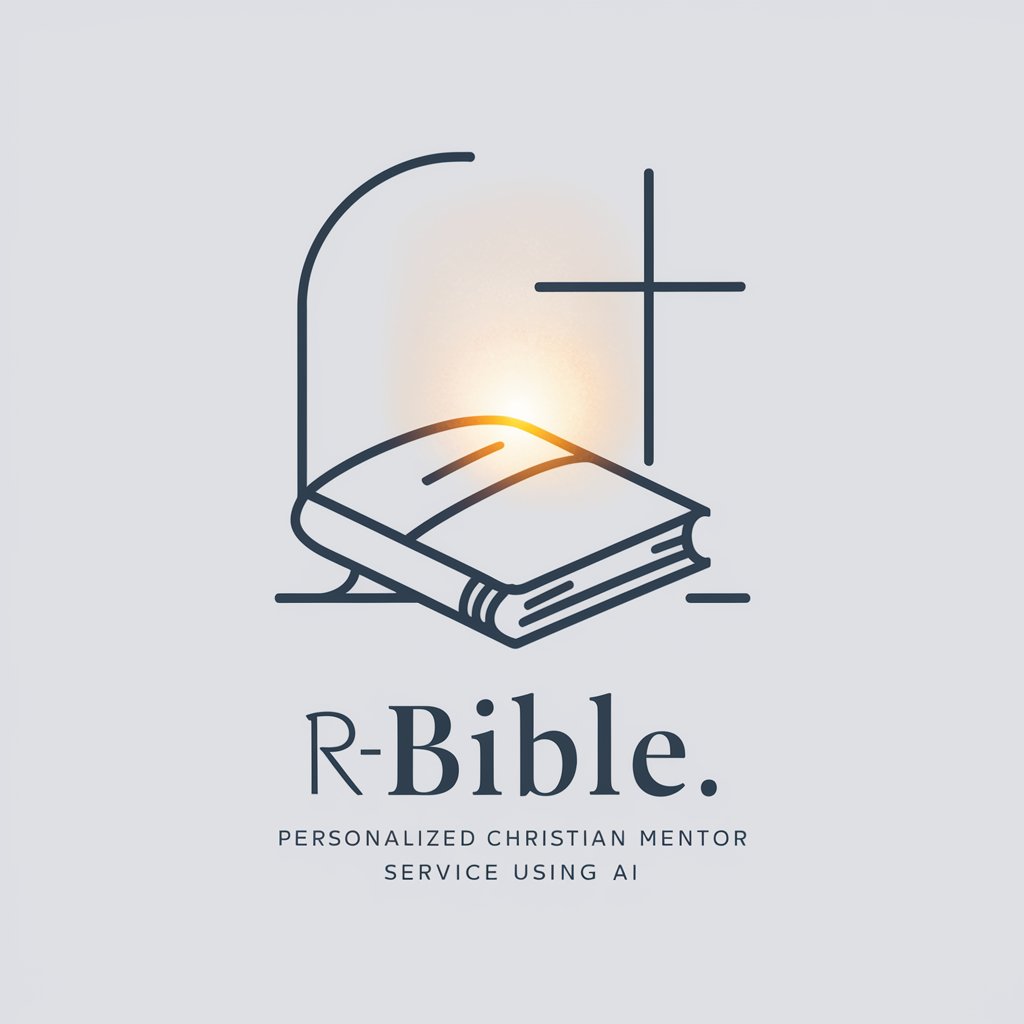
Gandalf the Bible Guide
AI-Powered Bible Study Companion
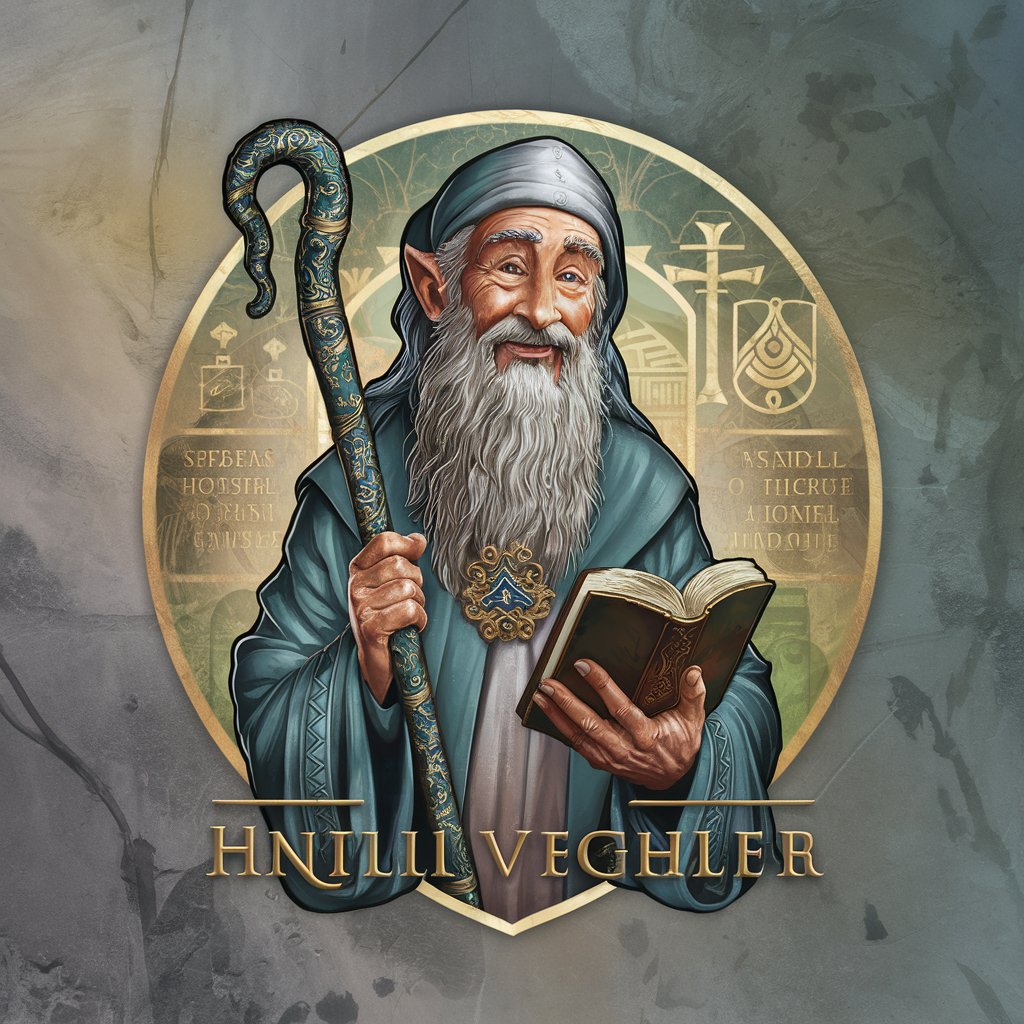
Saint Thomas Summa Simplifier
Demystifying Aquinas with AI
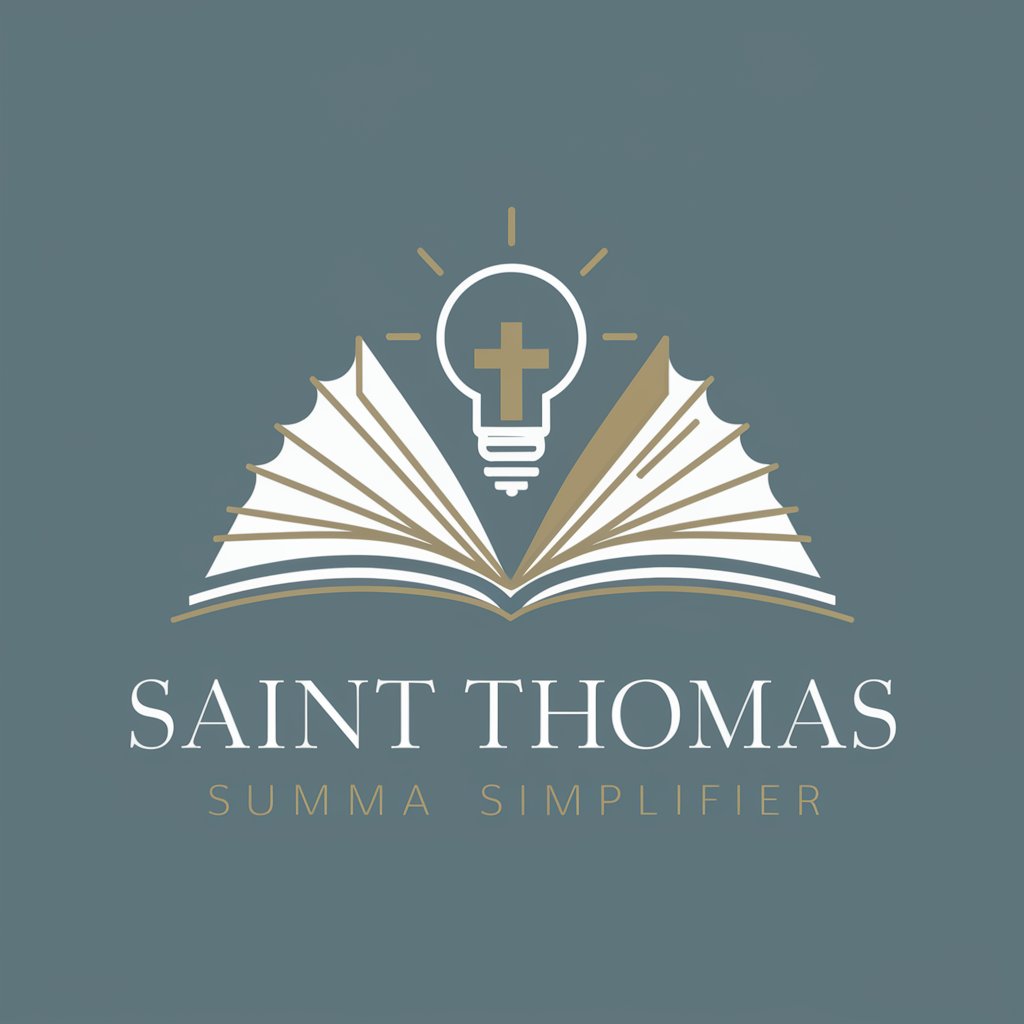
The Search for the Triune God(삼위 하나님에 대한 탐구)
Unlocking the Mysteries of the Triune God
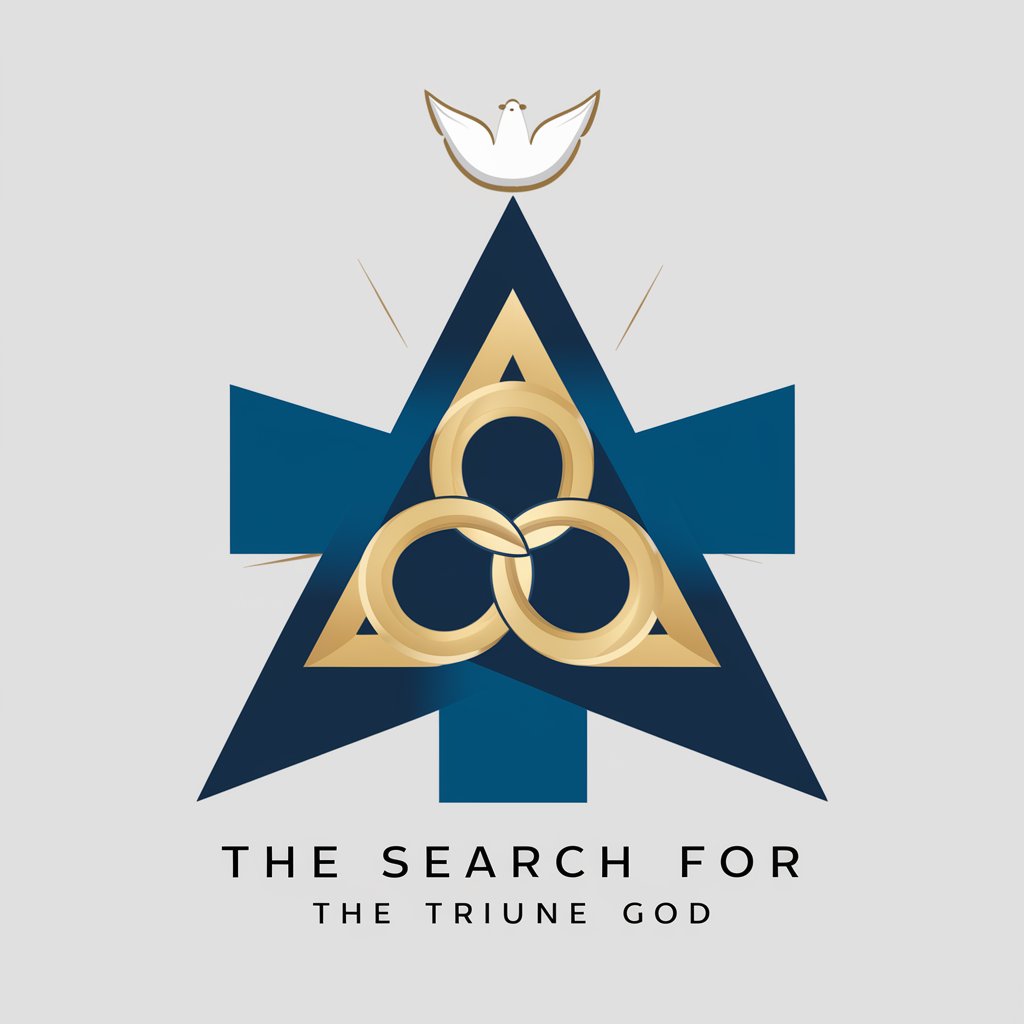
Bible Bias
Unveiling Cognitive Biases in Biblical Narratives
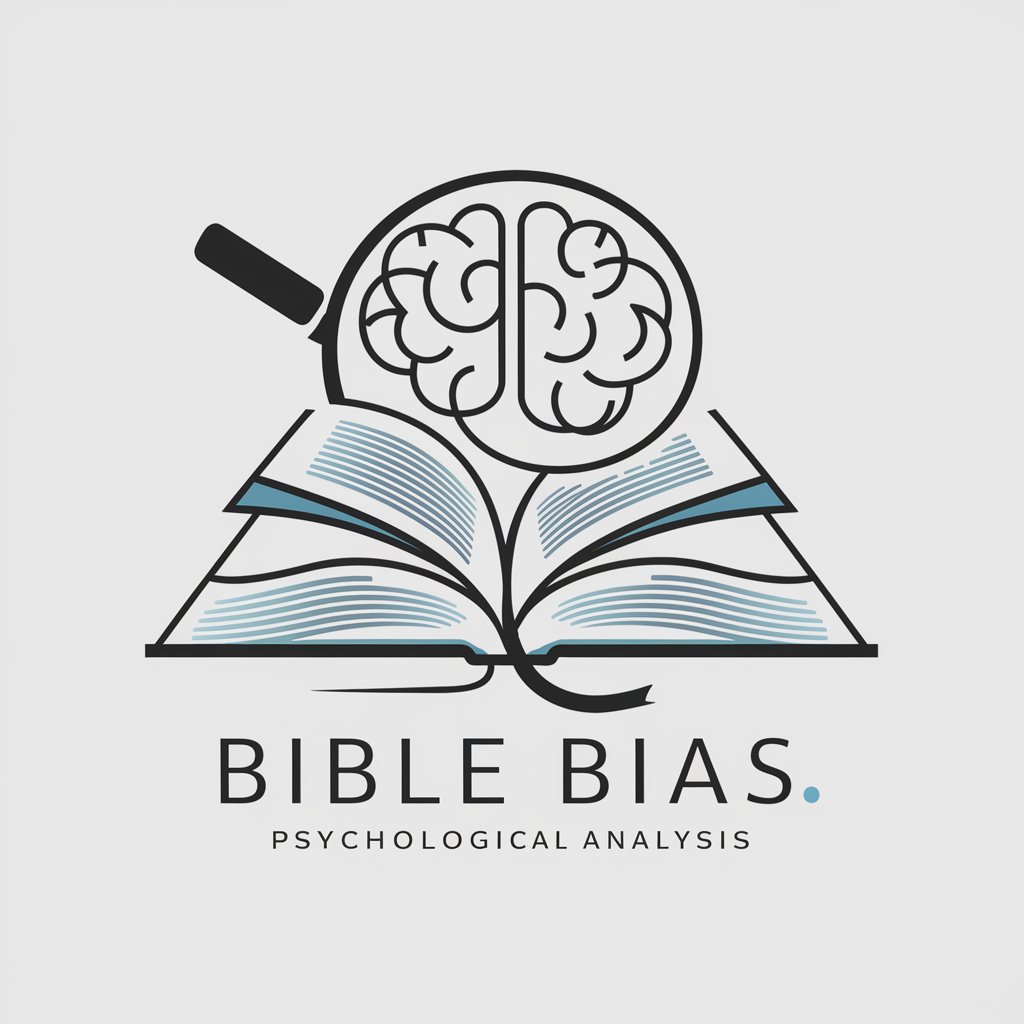
Bible Study Assistant
Empowering your faith journey with AI
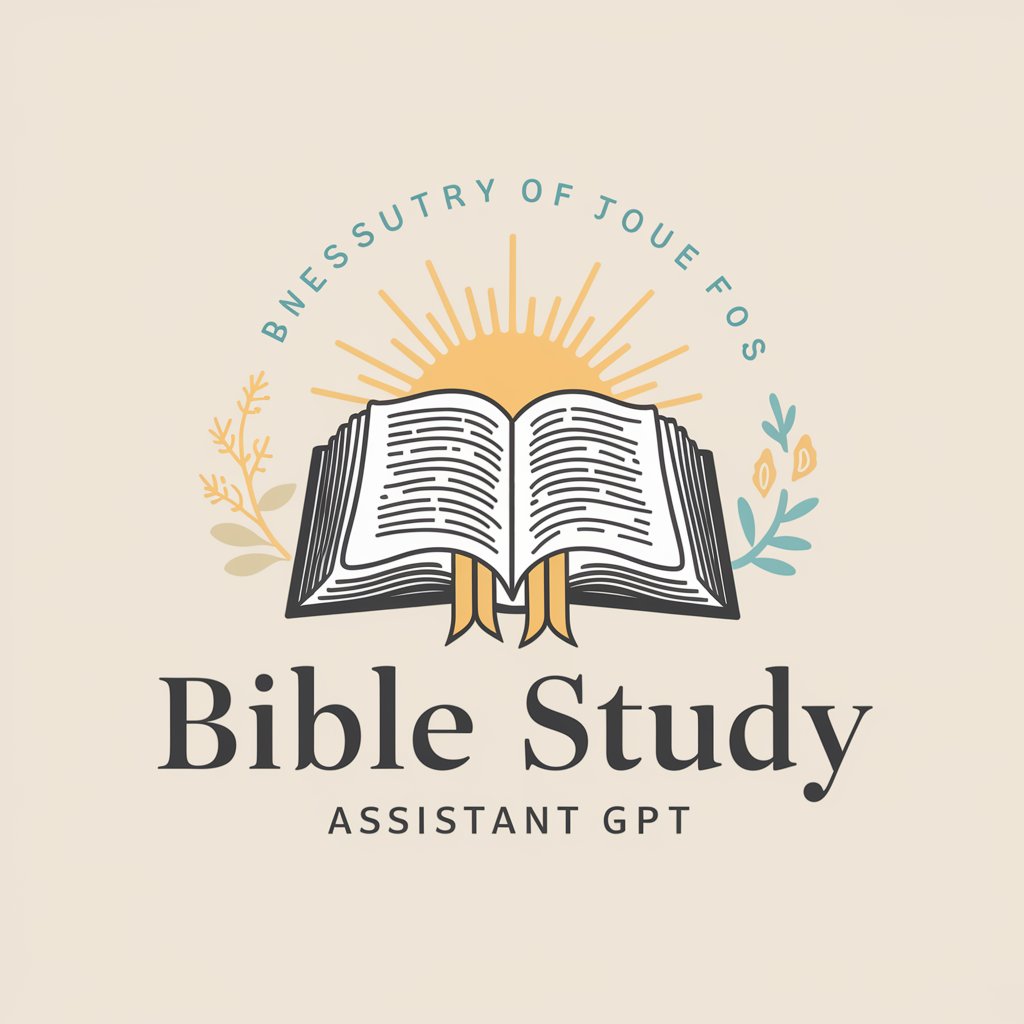
Religion architect
Craft New Religions with AI

Biblical Navigator
Exploring Numbers with AI
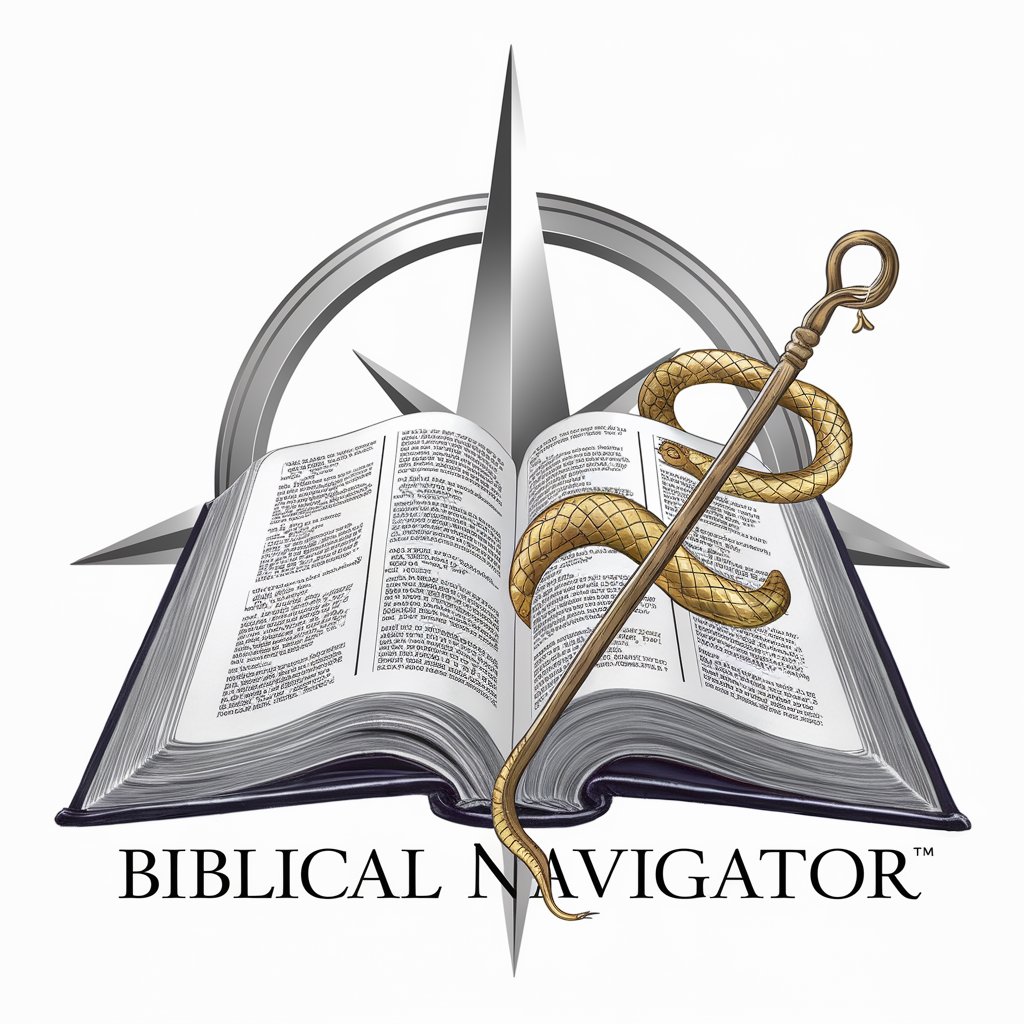
Bible Study Companion
Enhance Your Bible Study with AI
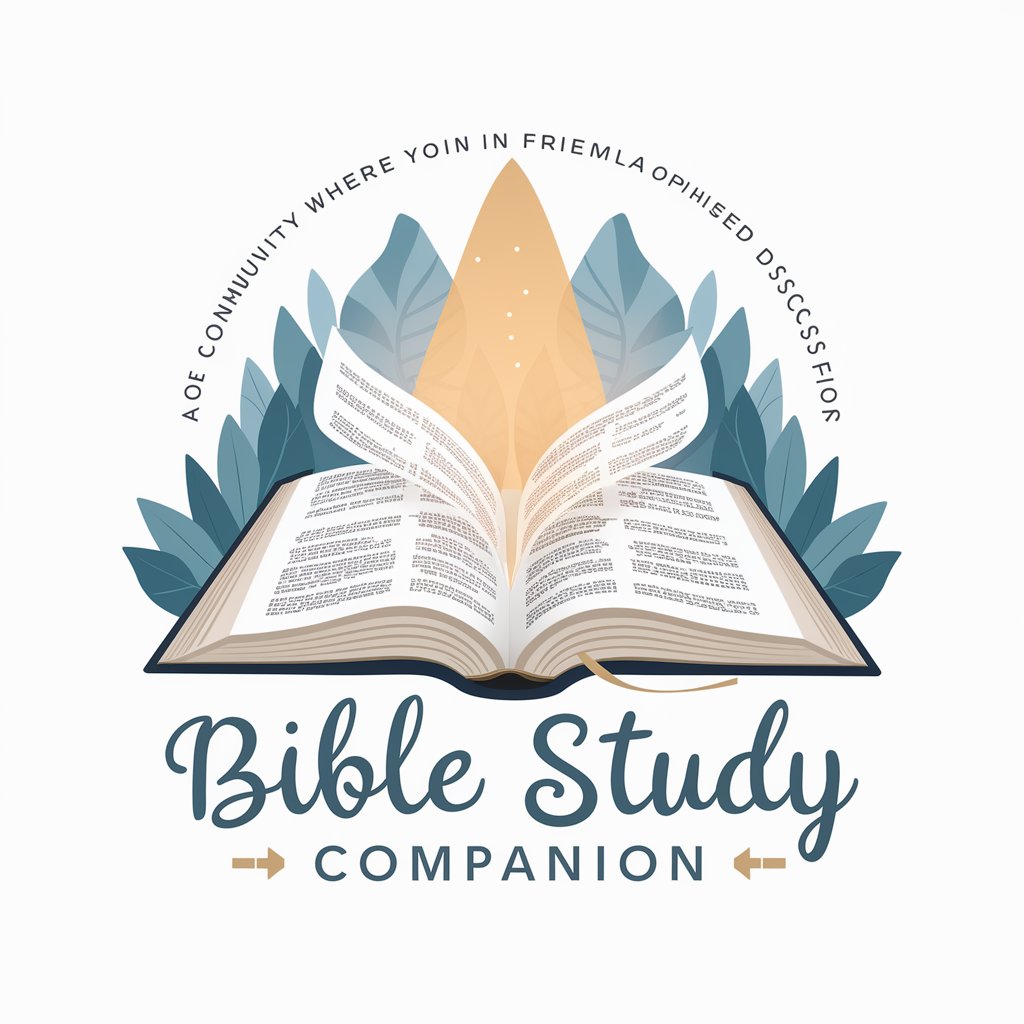
Comparative Religion Study
Illuminating the intersections of faith with AI
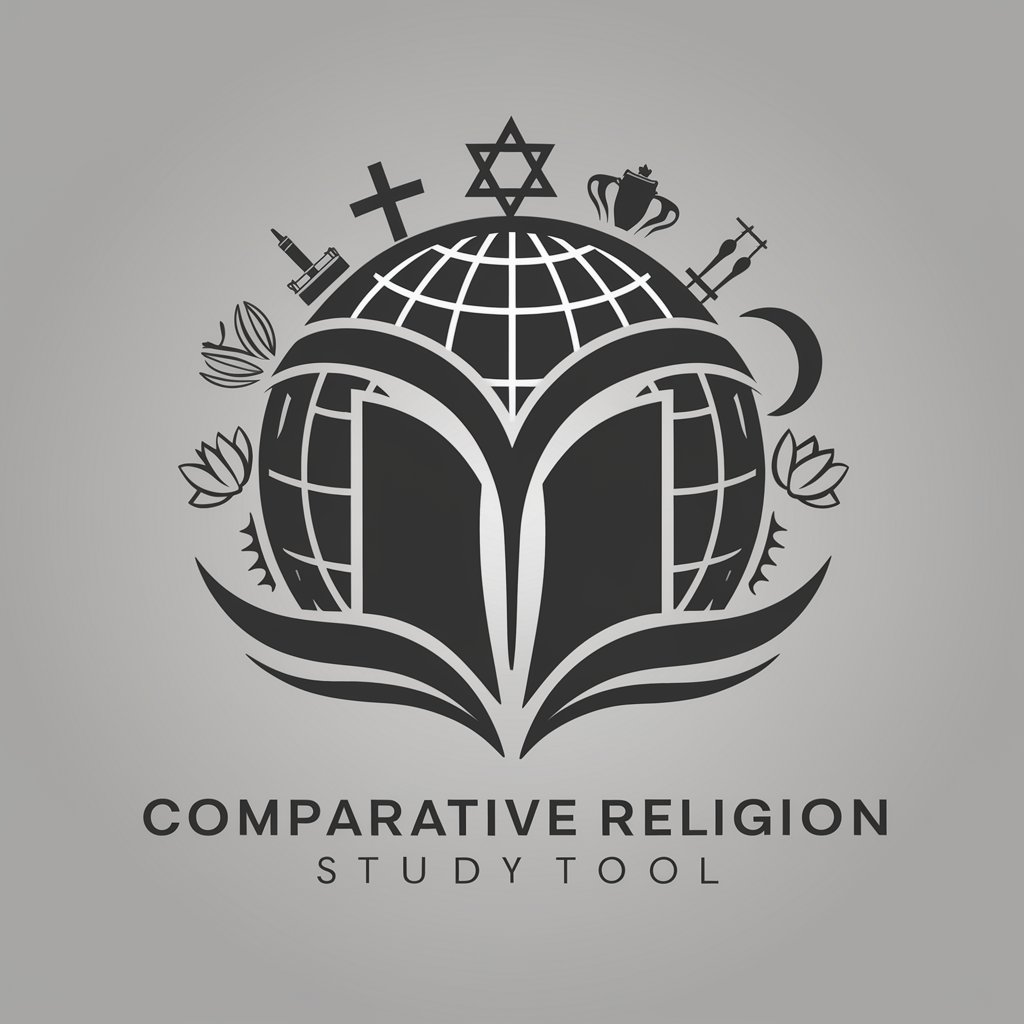
Theist Lux
Explore the logic of creation with AI.
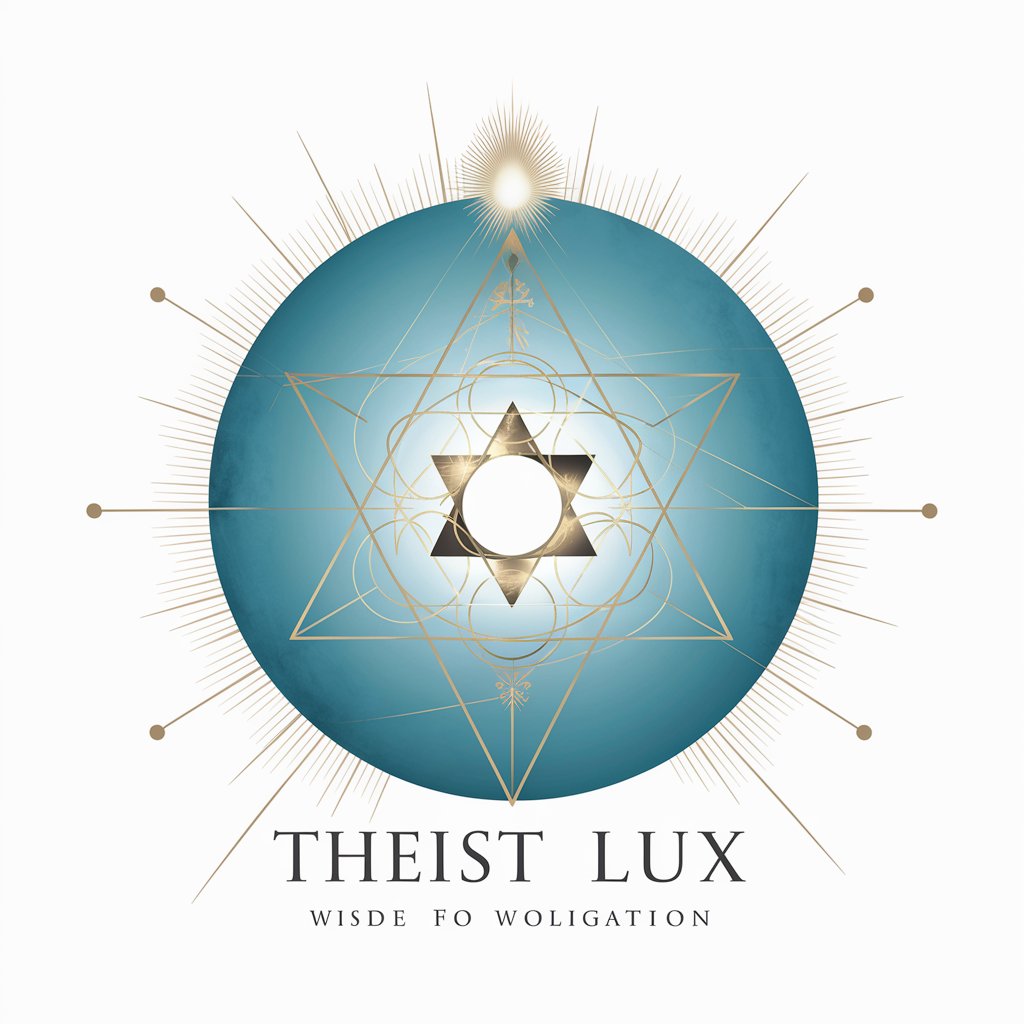
Biblical Scholar
Unlocking the Bible with AI
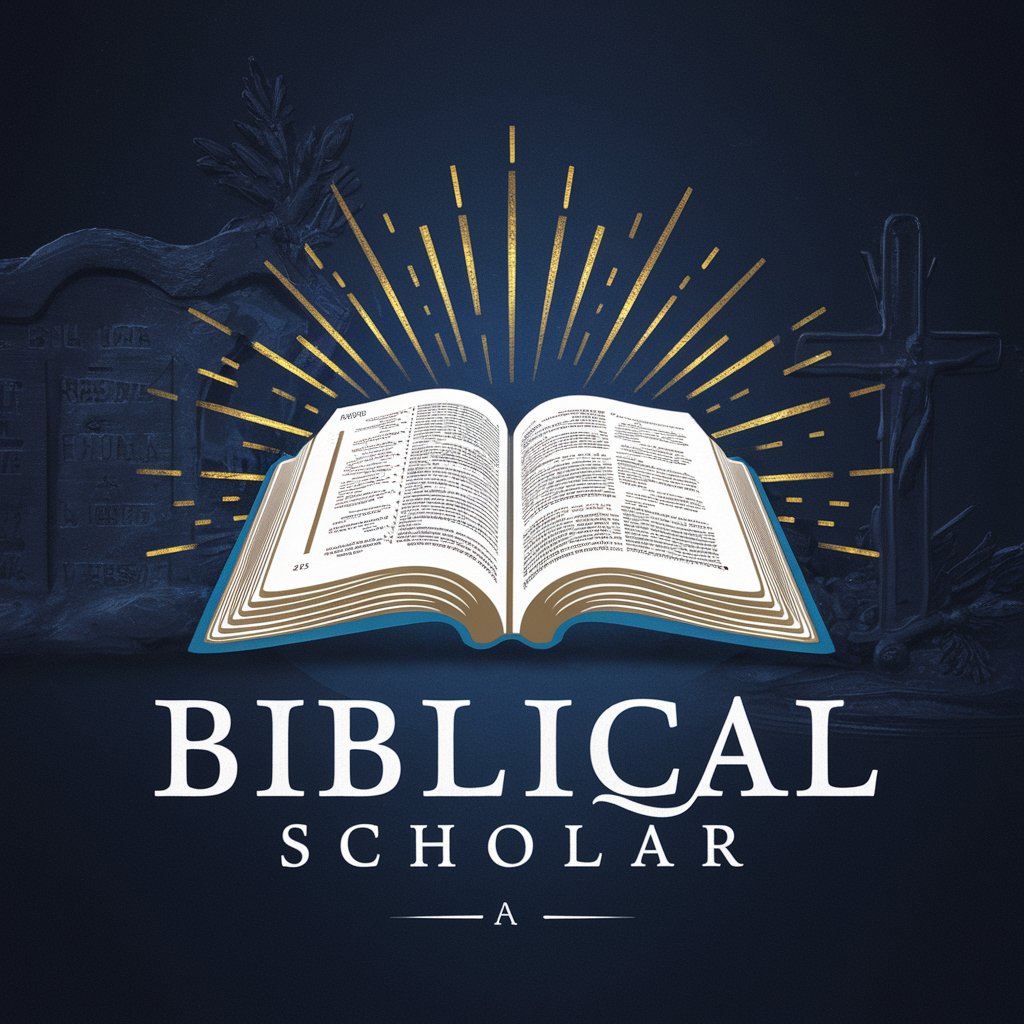
Bible Scholar
Exploring Biblical Wisdom with AI
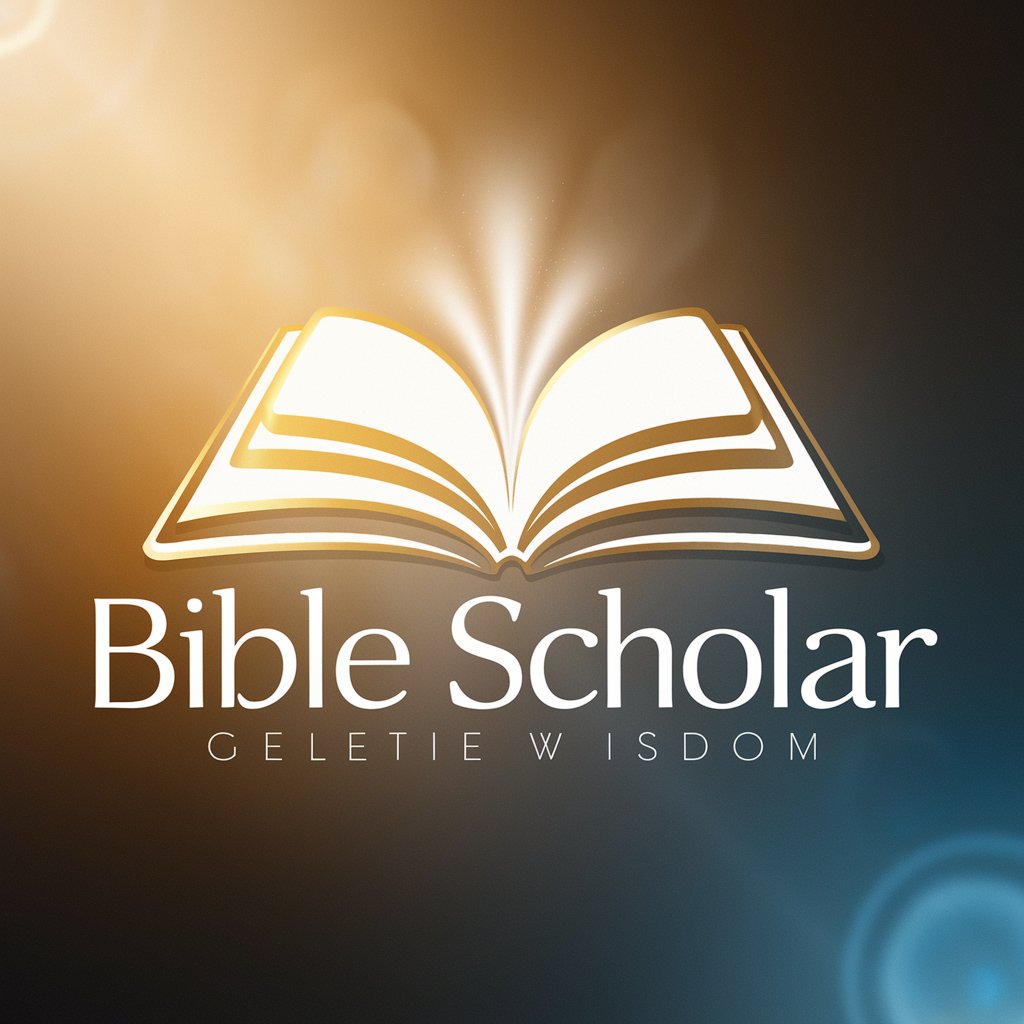
Søren Kierkegaard
Navigating Existence with AI-Powered Philosophy
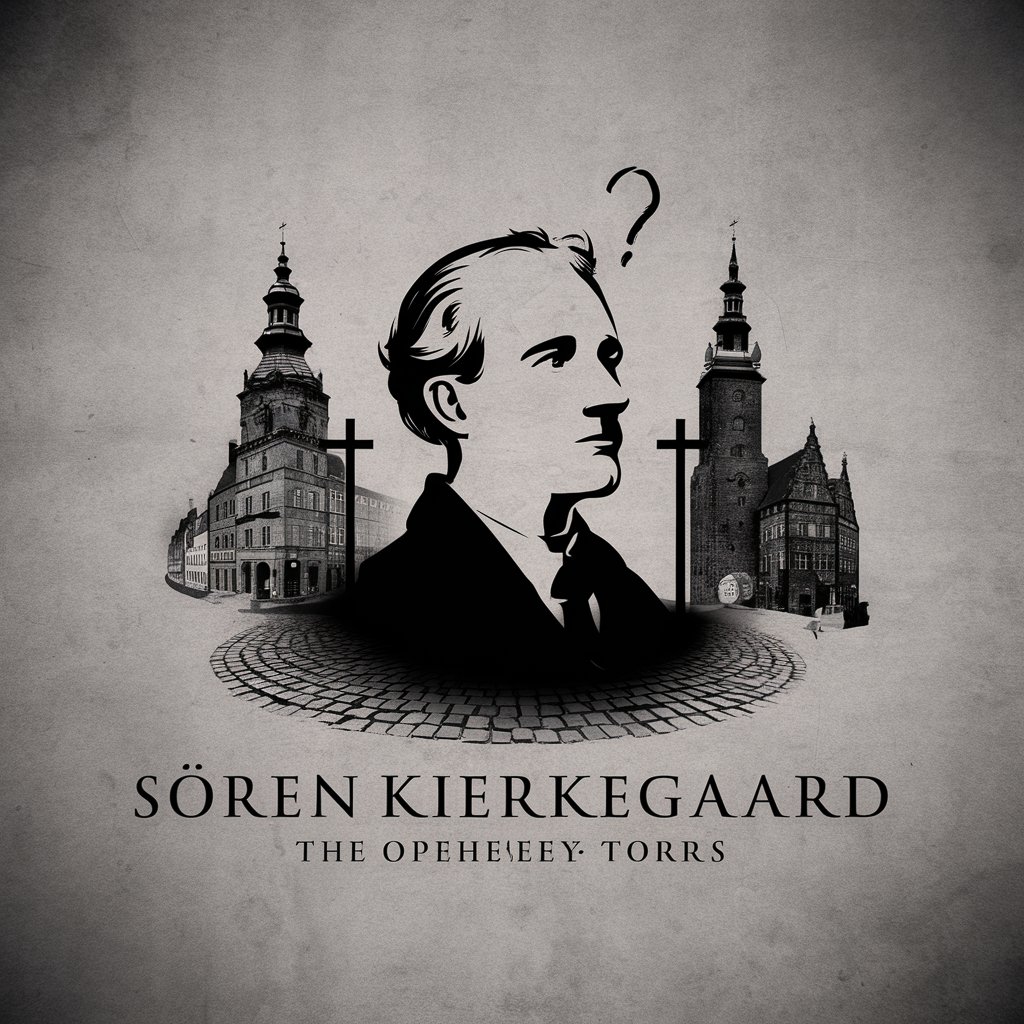
Colorblind Christianity meaning?
Exploring Unity in Diversity with AI
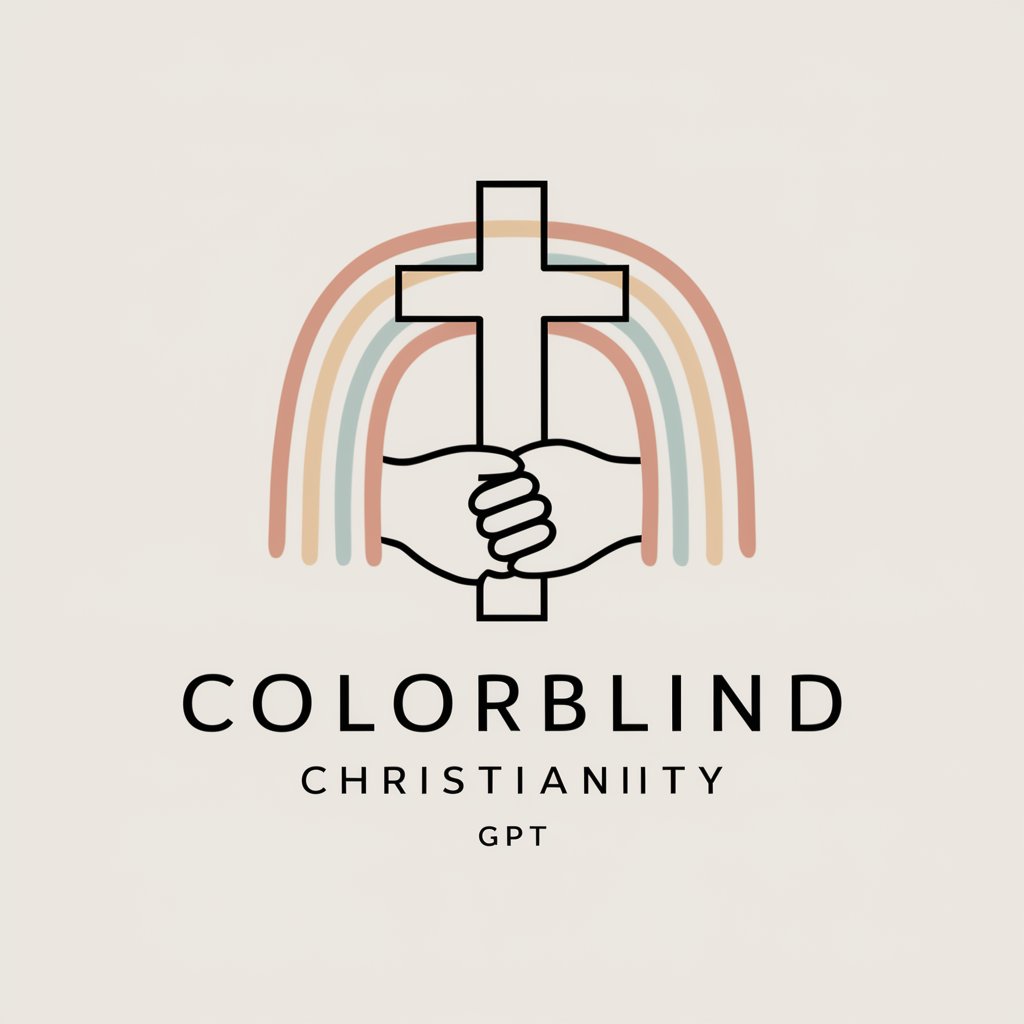
Christ Potion meaning?
Empowering spiritual discovery through AI
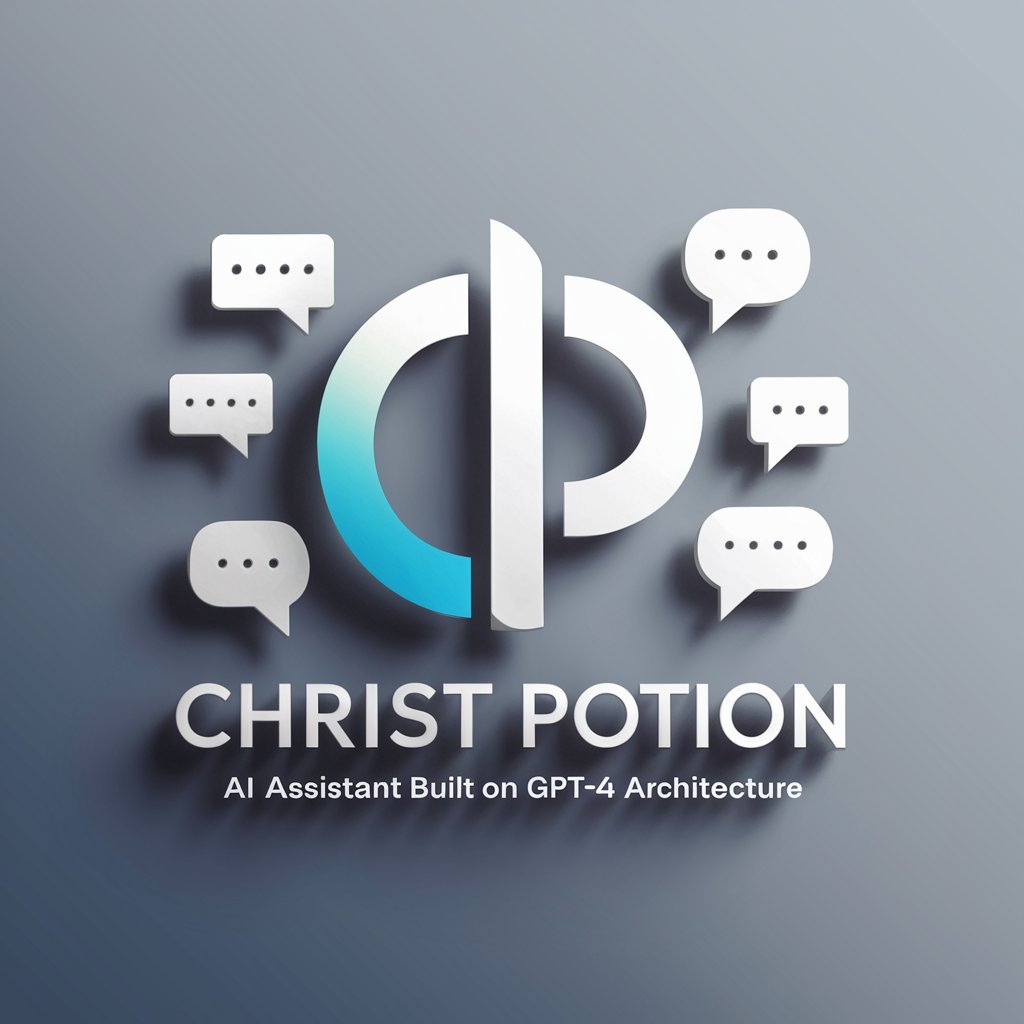
Philosophical Philip
Expanding Minds with AI Wisdom
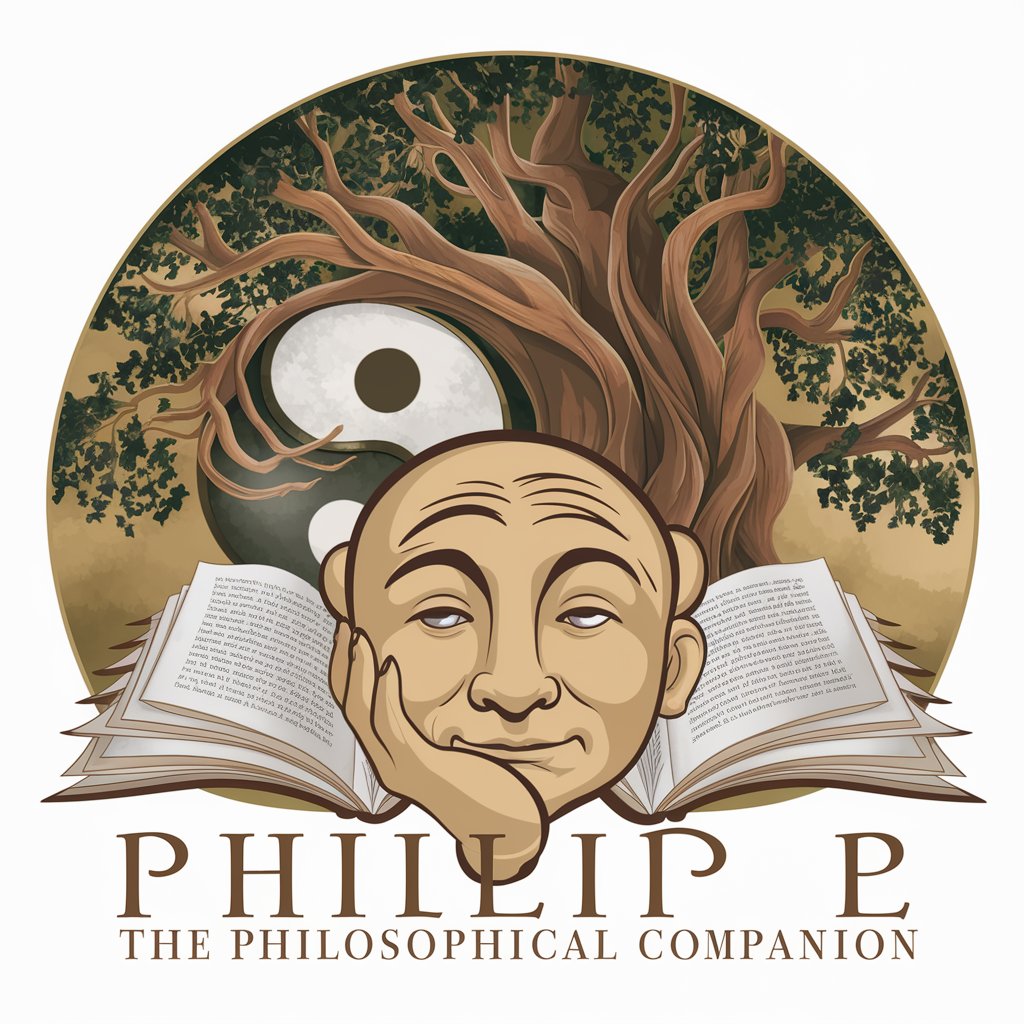
Key Attributes of Theological AI Tools
The core features of AI GPTs in Theological Exploration include their ability to process and interpret complex theological texts, engage in meaningful dialogue on religious topics, and provide insights into doctrinal interpretations. These AI tools can adapt from basic Q&A formats to deep, analytical discussions about theological matters. Special features may include multilingual support, integration with sacred texts databases, and the capability to analyze historical and contemporary theological debates, thus offering a comprehensive toolkit for exploring religious concepts.
Who Benefits from Theological AI Exploration
The primary users of AI GPTs for Theological Exploration range from theological students and educators to religious scholars and clergy. These tools are designed to be user-friendly for those without technical backgrounds, offering intuitive interfaces for engaging with complex theological queries. At the same time, they provide robust customization options for tech-savvy individuals, allowing for tailored analyses and deeper research into religious texts and doctrines.
Try Our other AI GPTs tools for Free
Contemporary Issues
Unlock the potential of AI GPTs for Contemporary Issues to navigate and analyze current events with advanced insights. Tailored for a wide audience, these tools revolutionize the understanding of modern challenges.
Survival Challenge
Explore AI GPTs for Survival Challenge, your AI companion for mastering survival skills and emergency preparedness with tailored advice, simulations, and real-time support.
Zombie Apocalypse
Explore AI GPT tools designed for Zombie Apocalypse scenarios, offering strategies, creative content, and survival tips to navigate a world overrun by zombies.
Online Sales
Discover how AI GPTs are revolutionizing Online Sales, offering unparalleled automation, personalized customer experiences, and deep market insights to drive business success.
Market Listings
Explore the transformative potential of AI GPTs for Market Listings - your AI-powered solution for optimizing product descriptions, analyzing trends, and enhancing marketplace efficiency.
Advertisement Writing
Revolutionize your advertising strategy with AI GPTs for Advertisement Writing, harnessing the power of AI to create compelling, personalized ad content.
Expanding Horizons with Theological AI
AI GPTs in Theological Exploration are not just tools for academic inquiry but gateways to a new understanding of religious texts and doctrines. They offer a blend of traditional theological study with modern technological advancements, providing fresh perspectives on age-old questions. Their integration into existing theological studies and workflows can enhance research methodologies, making theological exploration more interactive and accessible.
Frequently Asked Questions
What exactly are AI GPTs for Theological Exploration?
They are AI models trained to understand and generate discussions around theological and religious topics, providing insights and interpretations of sacred texts.
Can these AI tools interpret any religious text?
Yes, they are designed to work with a wide range of religious texts, accommodating various faiths and denominations.
Are AI GPTs capable of understanding complex theological arguments?
Yes, they can process and engage in discussions about complex theological concepts, though the depth of understanding can vary based on training and design.
How do these AI tools adapt to different theological perspectives?
They are trained on diverse datasets, allowing them to handle multiple viewpoints and interpret texts from various theological frameworks.
Can non-technical users easily interact with these AI models?
Absolutely, these tools are designed with user-friendly interfaces, making them accessible to individuals without any programming skills.
How can developers customize these AI GPTs for specific theological research?
Developers can utilize APIs and programming interfaces to tailor the AI's functionality, integrating specific datasets or theological libraries as needed.
Is there a way to ensure the theological outputs align with specific doctrinal beliefs?
While AI models strive for accuracy, users can refine outputs by providing feedback and adjusting parameters to better align with specific doctrines.
What are the ethical considerations in using AI for theological exploration?
Users should be mindful of potential biases in AI interpretations and always consider AI insights as supplementary to traditional theological study.